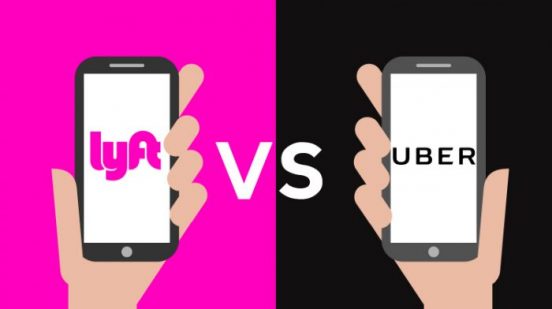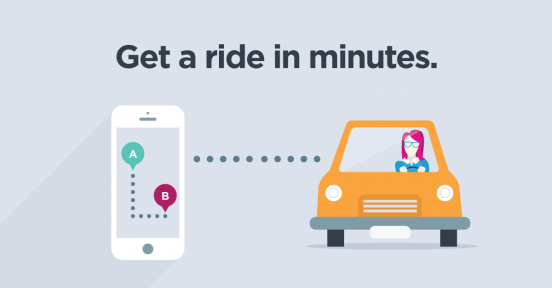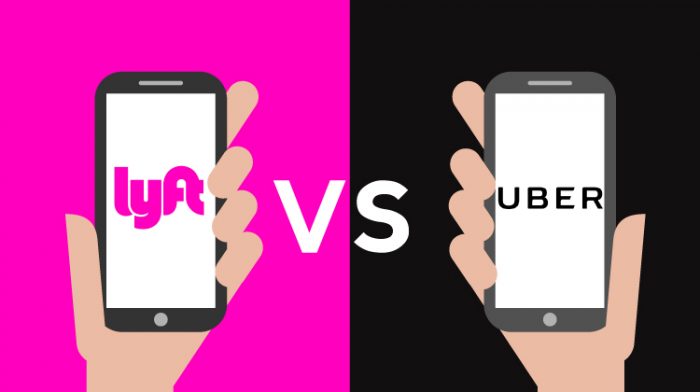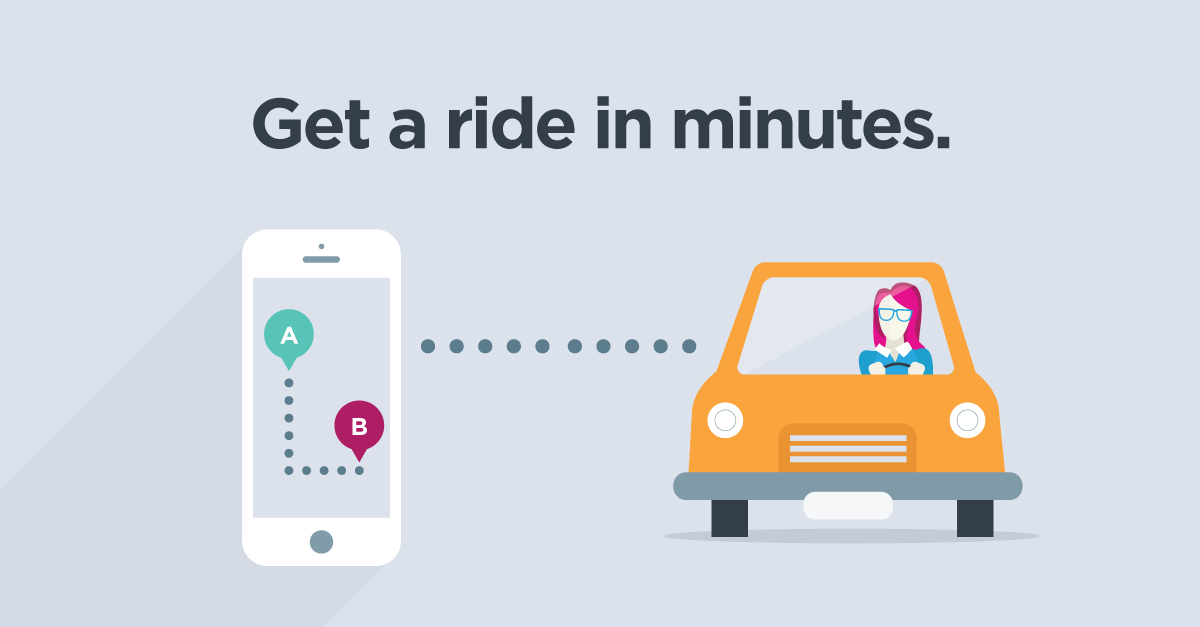Lyft, a transportation network company, is currently exploring I.P.O (initial public offering) along with their competitor Uber who is also working on taking the company public. Faced with two companies that offer similar services with comparable pricing and identical value proposition, what makes consumers choose one over the other?
Over the years, Uber’s litany of scandals allowed Lyft to “position itself as the warmer, fuzzier alternative”. From the beginning, Lyft emphasized on the one aspect Uber lacked: customer/employee experience. Aside from encouraging conversations to build a welcoming environment, Lyft has recently introduced their “Strange Mode” designed to elevate customer experience in celebration of Halloween. And while Uber drivers receive no tips, Lyft encourages their customers to tip their drivers and recently “announced plans to allow passengers to round up their fare to make a donation to charity”. These announced actions communicate to the public that they are an ethical company that cares about their customers’ experience, their employee’s welfare, and has a desire to impact the community through philanthropy involvements. This subtle marketing tactic elevates their image as a company and thus, led to a 3% increase in users after their 1 million donation to the American Civil Liberties Union.
While Lyft does focus on customer experience, and works towards their mission of “reconnecting people and communities”, they too often neglect the needs of their employees. Built upon the same business model as Uber, Lyft drivers are not under legal protections to measures such as minimum wage, overtime, and unemployment. Furthermore, in the light of their charity donations, they have recently reduced the pay-rate while the drivers are still responsible for car gas and maintenance. The same applies to their rival, Uber. In the blog “Ethics and Uber”, Rebecca Yan identified Uber’s unethical treatment towards their employees. She highlighted an exposé written by a former Uber employee describing the “hostile work environment, persistent sexual harassment, and an HR department that did nothing to address the concerns”. While the problems differ with those of Lyft, it is the same in nature – their employees are treated unethically and nothing is being done to change the situation. So is Lyft really the more ethical choice?
While I studied at NYU, I experienced riding with both Uber and Lyft. After countless rides, I noticed no apparent difference between the two alternatives – it simply came down to which was more convenient for the occasion. Yes, Lyft does put an enormous amount of effort into elevating customer experience; however, they cannot market themselves as the more ethical choice and cover up their wrongdoings with their contributions. In the end, Lyft should not increase their user base by relying on #DeleteUber, but #StayWoke.
Word Count: 450




